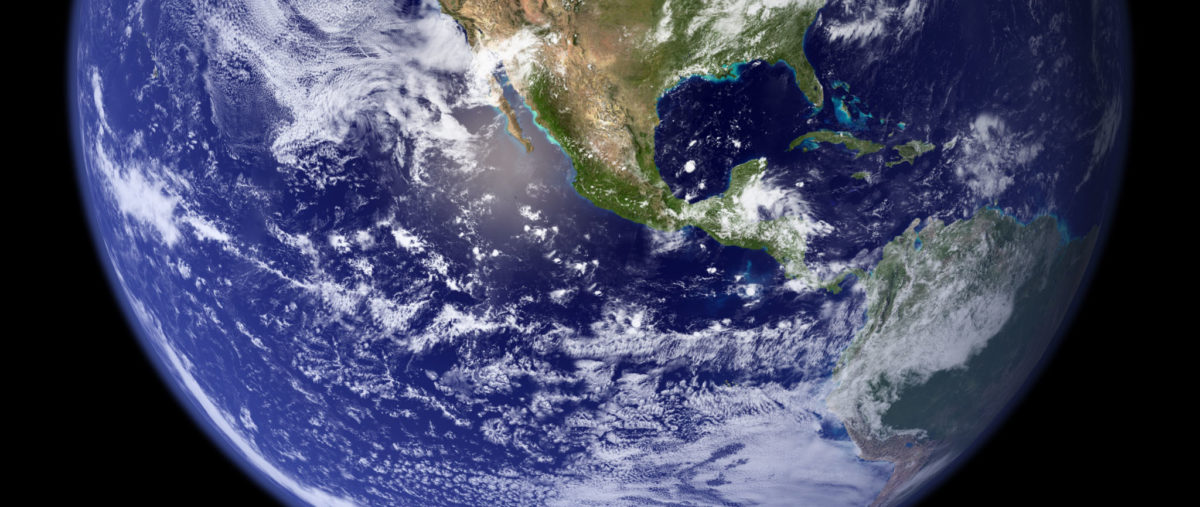Last week during our CMRC seminar we discussed the climate crisis and survival in the anthropocene. Below are reflections on that conversation and a snippet of the Zoom chat.
From our brief foray into reading about and discussing eco-piety, the term seems to identify a set of rituals and social practices that models a form of “environmental wokeness” but what we observed is that the underlying belief system for those who practice eco-piety is none other than the techno-capitalistic ideology that also brought about the Anthropocene. Eco-piety is consumerist—about using purchasing power to “save the earth,” and it’s a continuation of the modernist control narrative, where humanity continues to entertain the absurd notion that we can actually manage planetary ecology through just human intelligence and willpower. Furthermore, it’s an insular attitude that fails to see the ways in which environmental injustice cannot be considered apart from social and economic injustice towards our fellow human beings which stems from the same ideology, as Nixon reminds us in his work on slow violence.
–– Rachel van der Merwe
A question that Ecopiety proposes that has been haunting me a lot lately: What do small, daily, ritual practices have to do with political systems? I’ve been grasping for better language for this than the “fractal,” “the personal is political,” the civic associations that De Tocqueville described, or the Hermetic mantra, “as above, so below.” In the Trump era, I’ve reflected a lot on the conviction of the 19th-century Populists that the best antidote for demagogues is grassroots organizations, through which people experience “the opportunity to emancipate themselves from the grasp of political tricksters.”
–– Nathan Schneider
One of the benefits of meeting virtually this semester is that there are multiple layers to our conversations. Below is an excerpt from the sharing of material in the Zoom chat during out Oct. 13 meeting.
11:39:46
Talia Aygun : Marisol de la Cadena’s ethnography esp. her theoretical framing of ‘partial connection’ of ‘other-than-human connections’ (ayllu). Worth checking out for an anthro perspective/deep inquiry into environmental paradigm shifts that come through in this week’s readings. https://www.dukeupress.edu/earth-beings
11:41:55
Jaime Lee Kirtz : Essential work on slow violence and ecopolitics and culture: Friction by Anna Tsing
Also Mushroom at the End of the World by Anna Tsing
11:44:22
Rachel van der Merwe : This all reminds me too of Haraway’s Staying with the Trouble.

